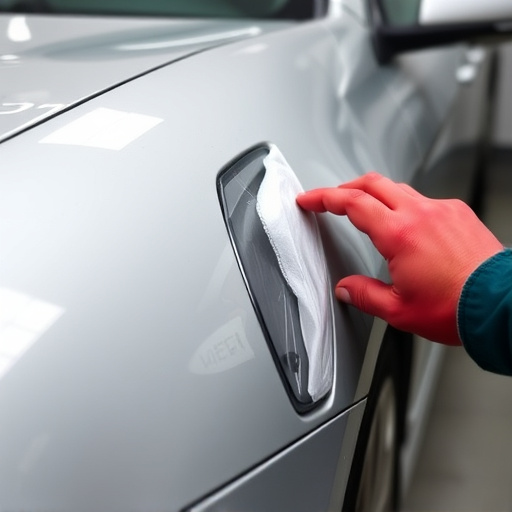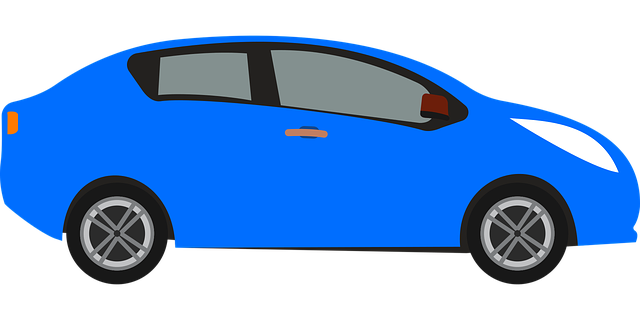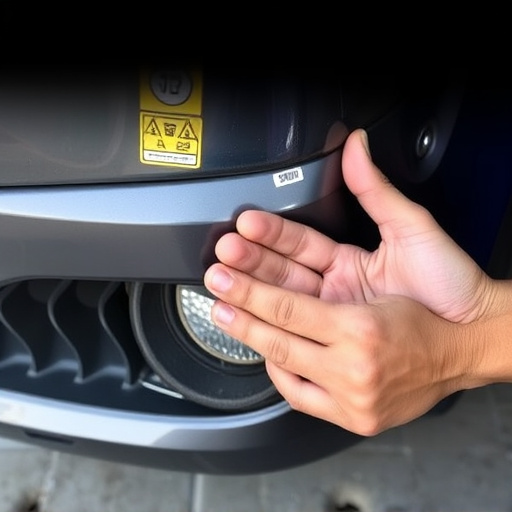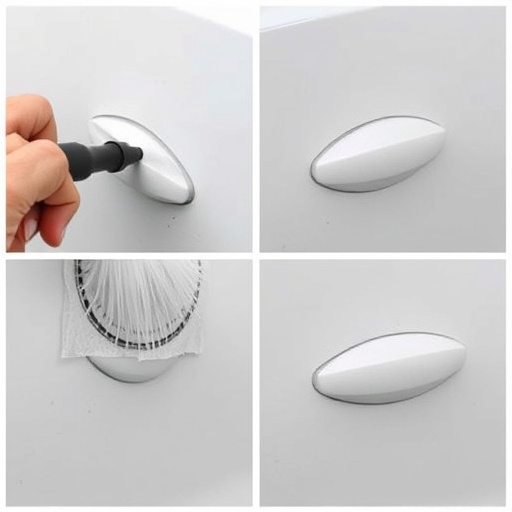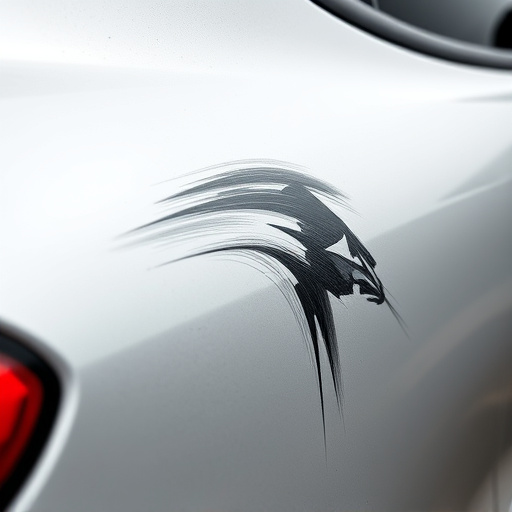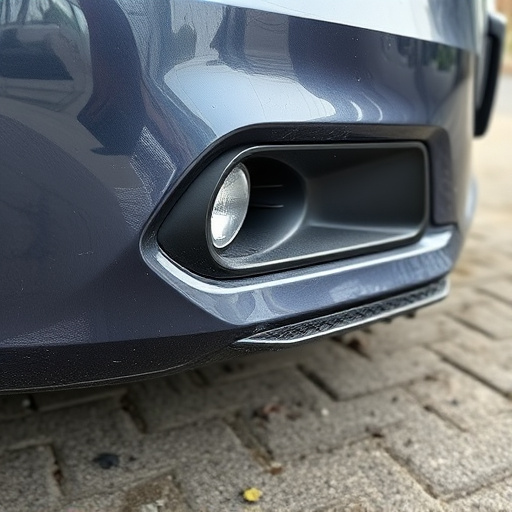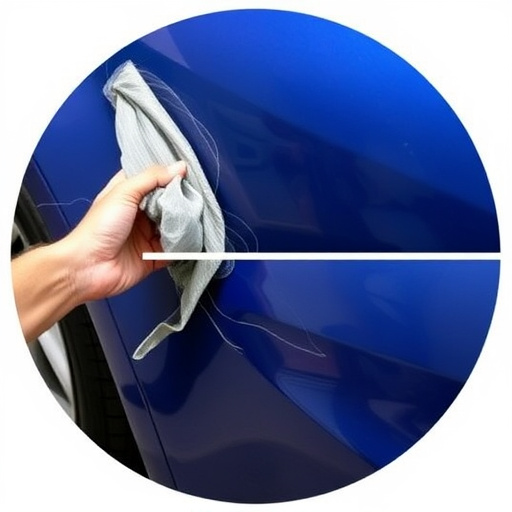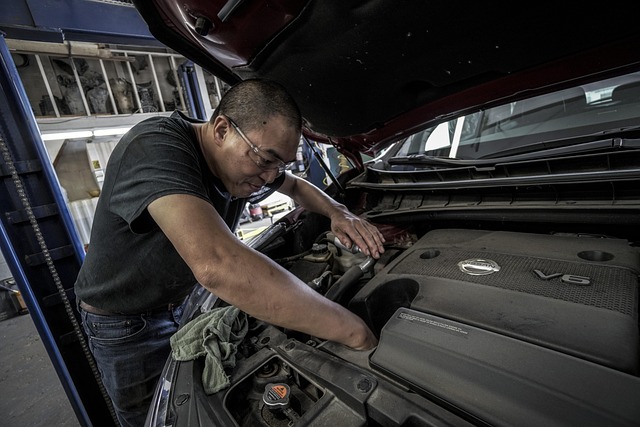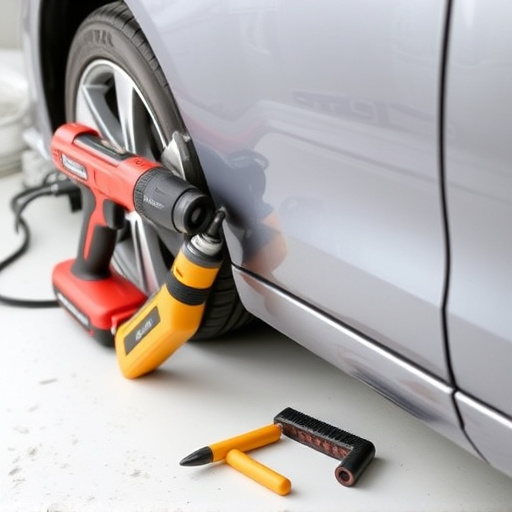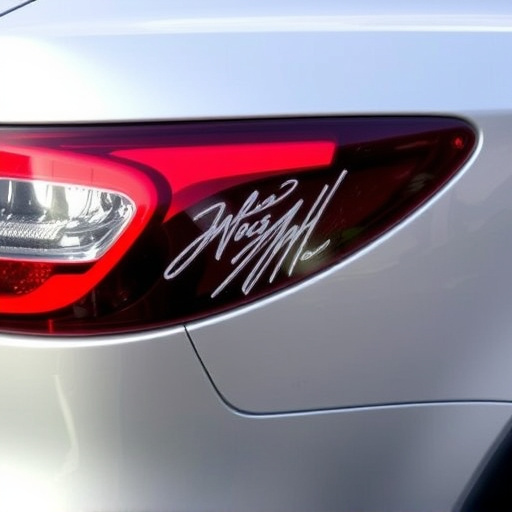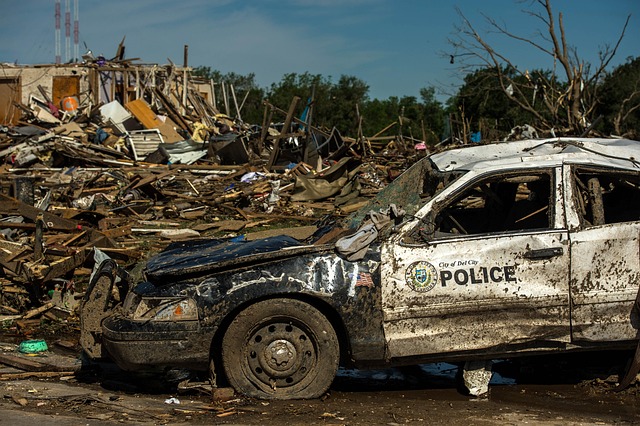Hybrid vehicle collision repair requires specialized knowledge and equipment due to complex electrical systems, high-voltage batteries, and sensitive components. Certified technicians and updated tools are essential for safe and effective repairs, avoiding damage to critical areas like fuel tanks. Techniques such as paintless dent repair ensure structural integrity while preserving safety features, addressing unique challenges posed by hybrid vehicles' advanced technologies.
In the realm of automotive repair, hybrid vehicle collision repair stands out as a crucial aspect for shops aiming to thrive. With the growing popularity of hybrids, these unique vehicles present distinct challenges compared to their conventional counterparts. From battery management and electrical system integration to requiring specialized tools, efficient hybrid repairs demand advanced expertise. This article explores why specializing in hybrid vehicle collision repair is not just beneficial but essential for repair shops, delving into the unique challenges, advantages, and resources that shape this evolving field.
- The Unique Challenges of Hybrid Vehicle Collision Repair
- – Discussing the distinct features of hybrid vehicles that make standard repair processes more complex
- – Highlighting challenges like battery management, electrical system integration, and specialized tools required
The Unique Challenges of Hybrid Vehicle Collision Repair
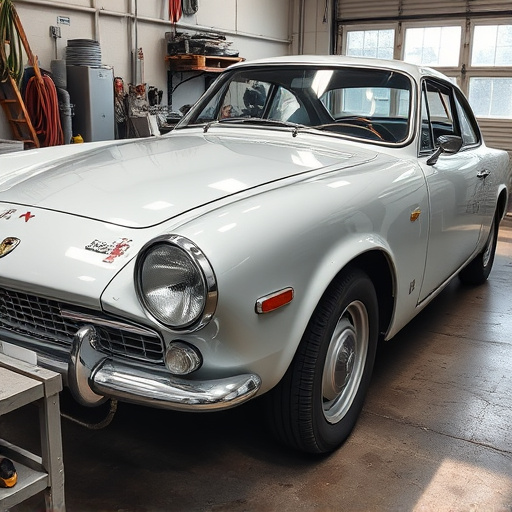
Hybrid vehicle collision repair presents unique challenges for repair shops. Unlike conventional vehicles, hybrids have complex electrical systems and specialized components that require meticulous handling during the repair process. For instance, repairing or replacing a hybrid battery pack necessitates specific safety protocols due to its high-voltage capabilities. Moreover, the integration of advanced technologies like regenerative braking systems demands precise adjustments to ensure optimal performance post-repair.
The intricate nature of hybrid vehicles also extends to their body panels and structures. Repairs involving fender benders or minor collisions might seem straightforward, but they often require specialized tools and techniques for accurate alignment and minimal impact on the vehicle’s overall system. This is where services like paintless dent repair and bumper repair come into play, offering efficient solutions without compromising the hybrid’s integrity or safety features.
– Discussing the distinct features of hybrid vehicles that make standard repair processes more complex
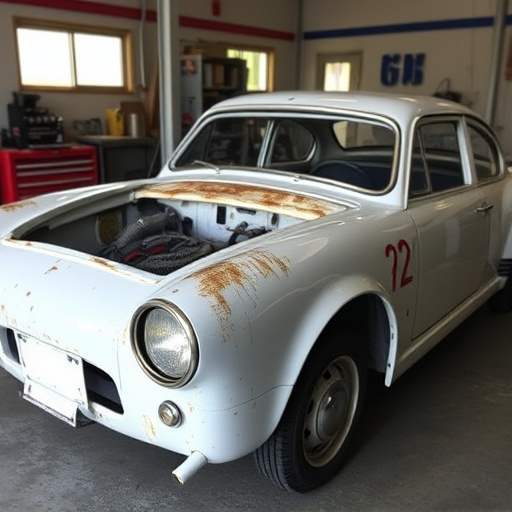
Hybrid vehicles pose unique challenges for auto body shops compared to their traditional counterparts due to their intricate propulsion systems. These advanced powertrains often incorporate both conventional internal combustion engines and electric motors, requiring specialized knowledge and tools for effective collision repair. The integration of high-voltage batteries and complex electronics necessitates a meticulous approach to ensure safety and prevent damage during the repair process.
Standard auto body work on hybrid vehicles demands a deeper understanding of these systems’ interactions. Repairs that may seem straightforward can quickly become complicated, as even minor adjustments could disrupt the delicate balance between the engine and electric motor. Therefore, specialized training and certified technicians are essential to perform hybrid vehicle collision repair, ensuring optimal performance, safety, and environmental sustainability following an accident.
– Highlighting challenges like battery management, electrical system integration, and specialized tools required
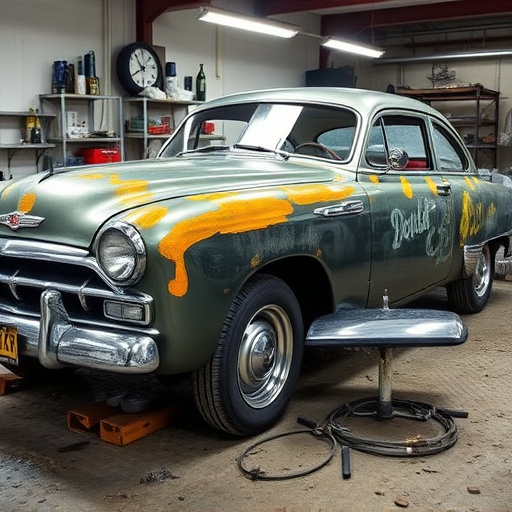
Hybrid vehicle collision repair presents unique challenges that auto collision centers must address to ensure quality and safety. Unlike traditional vehicles, hybrid cars possess complex electrical systems and high-voltage batteries, requiring specialized tools and expertise for effective repairs. The integration of these intricate components demands precise handling to prevent damage or short circuits during the repair process.
Additionally, hybrid vehicle dent repair involves careful considerations due to the potential presence of fuel tanks and other sensitive areas. Specialized equipment and techniques are necessary to accurately assess and fix dents without compromising the structural integrity or safety features of these vehicles. As hybrid technology continues to evolve, auto collision centers must invest in staying updated with the latest tools and training to meet the demanding needs of hybrid vehicle collision repair.
Hybrid vehicle collision repair is a crucial consideration for repair shops in today’s automotive landscape. The unique features of these vehicles, from battery management systems to intricate electrical integrations, demand specialized knowledge and tools. By embracing the challenges and investing in hybrid-specific training and equipment, repair shops can ensure they provide top-notch services, maintain customer satisfaction, and stay competitive in the market for hybrid vehicle collision repairs.

